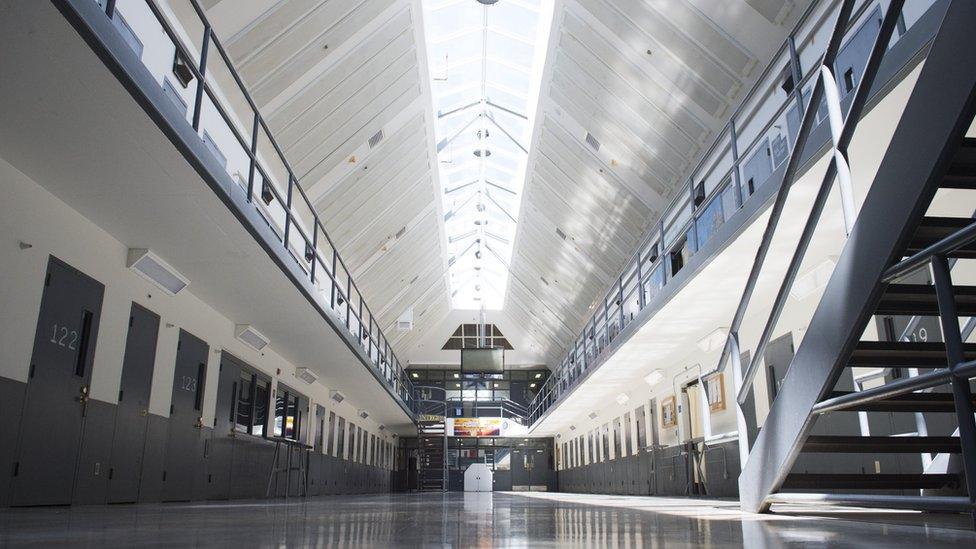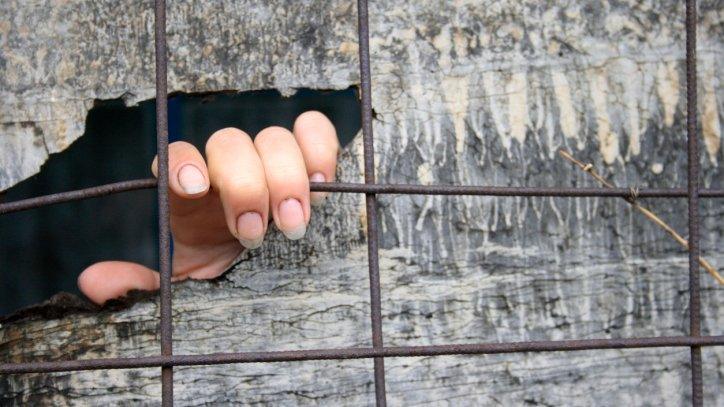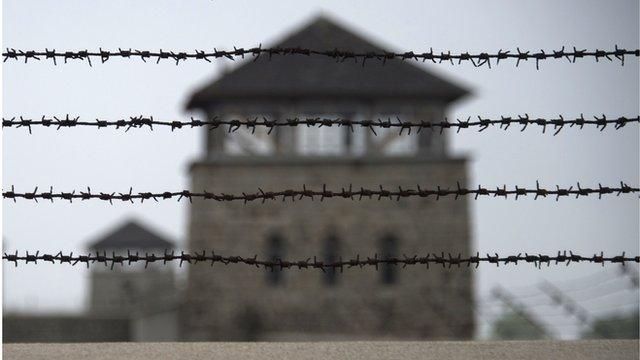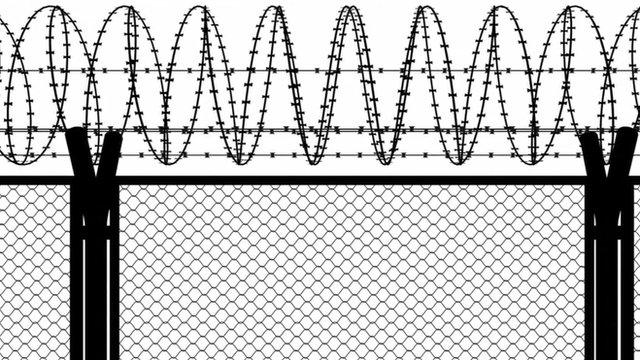Obama bans solitary confinement for juveniles and low-level offenders
- Published

Mr Obama said solitary confinement can "worsen existing mental illnesses"
US President Barack Obama has said he will ban solitary confinement as a form of punishment for juvenile and low-level offenders in federal prisons.
He said solitary confinement has the potential to cause "lasting psychological consequences" for inmates.
The reforms would affect about 10,000 inmates who are serving time in isolation in the federal system.
Treatments for the mentally ill would also be expanded under the reforms.
"Some studies indicate that it can worsen existing mental illnesses and even trigger new ones," Mr Obama wrote in an op-ed for the Washington Post, external. "Prisoners in solitary are more likely to commit suicide, especially juveniles and people with mental illnesses."
The reforms were born out of a review of solitary confinement ordered by Mr Obama last summer, which resulted in a host of recommendations aimed at decreasing the use of solitary confinement.
In his op-ed, Mr Obama noted the case of Kalief Browder, who was arrested at age 16 on suspicion of stealing a backpack.
He was jailed for three years without a trial - at times in solitary confinement - before being released in 2013, before killing himself last year.
Only federal prisoners
The reforms will only affect the federal system. Most inmates in the US are held in state prisons.
However, Mr Obama said he hopes the changes will serve as a model for state and other local systems - where as many as 100,000 people, of all ages, are being held in isolation.
Changes have been made at lower levels in recent months.
In New York, prison officials agreed in December to reform the use of solitary confinement. In California, officials agreed to stop putting gang leaders in indefinite isolation after legal pressure.
- Published13 June 2013

- Published10 June 2015

- Published9 June 2015
